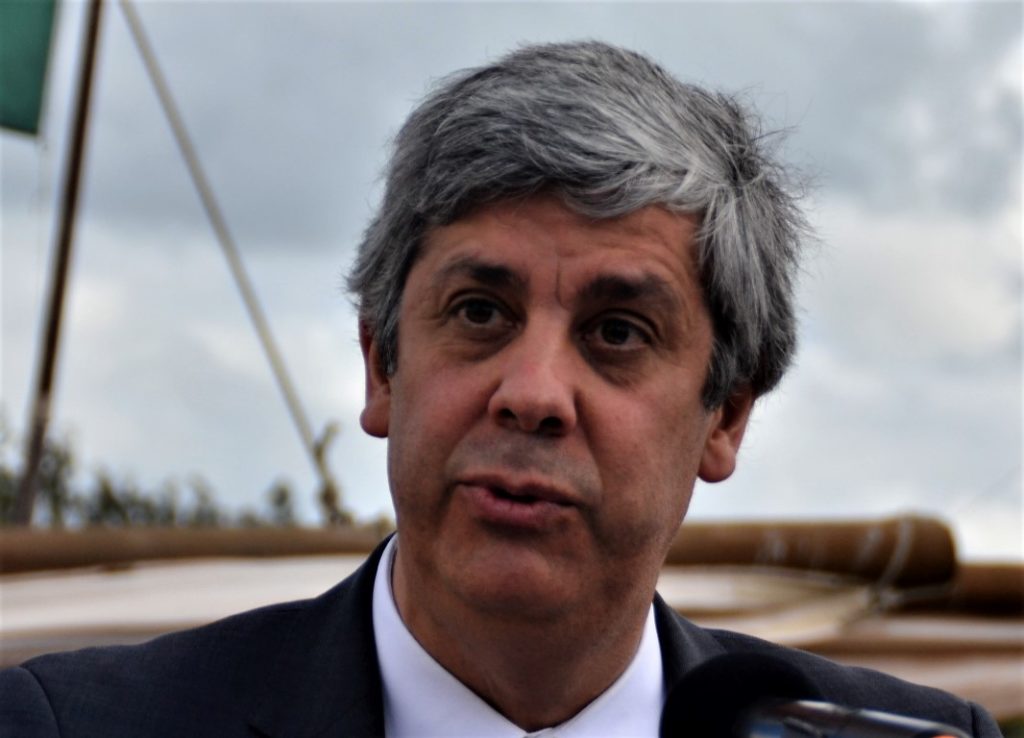The Algarvian Mário Centeno, former finance minister and former president of the Eurogroup, will take office this Monday, 20 July, as governor of Banco de Portugal (BdP), after his nomination for the position was approved. On thursday.
The announcement of the approval of the appointment of Mário Centeno as governor of the BdP, under a proposal by Finance Minister João Leão, was made to journalists at the end of the Council of Ministers meeting in Lisbon.
The public presentation ceremony of the new governor of Banco de Portugal, Mário Centeno, will take place today, at 11:30 am, at the Ministry of Finance, in Lisbon.
Mário Centeno succeeds Carlos Costa, whose second term ended on the 8th of July, after 10 years at the helm of that institution.
The choice of Centeno for the post was controversial, as he passed almost directly from the Ministry of Finance (where he was minister until June) to the BdP, when, on June 9th, a project of the PAN that established a period of disgust of five years between the exercise of government functions in the area of Finance and the performance of the governorship.
However, on June 17, the parliamentary left (PCP and BE, as it was already known that PS was against) departed from the PAN's intention to establish this period of disgust and, on June 25, the Parliament suspended for four weeks the Special appreciation of the NAP project until the opinion requested from the European Central Bank (ECB) is received.
On the same day, Prime Minister António Costa wrote to the President of the Assembly of the Republic to communicate the Government's proposal to nominate Mário Centeno as governor of the BdP.
Carlos Costa formally ended his second term as governor on July 8, but remained in office.
Mário Centeno was born in the Algarve in 1966 and graduated in economics at ISEG, in Lisbon (where he became full professor). After returning from Harvard with a doctorate, in 2000, he joined the BdP, where he was an economist, deputy director of the Department of Economic Studies and a consultant to the administration.
Between November 2015 and June 2020 he was finance minister of the two PS governments led by António Costa.
He was elected president of the Eurogroup, the group of finance ministers in the eurozone, and led Portuguese public accounts to their first positive balance in democracy, more specifically since 1973.
However, its path was also made up of controversies (in 2017, the case of SMS exchanges with manager António Domingues, from Caixa Geral de Depósitos, which led to a parliamentary inquiry commission, and more recently with the prime minister on the injection of capital into Novo Banco) and his departure was criticized by political parties who accused him of abandoning the boat in the midst of the storm caused by Covid-19.



















Comments